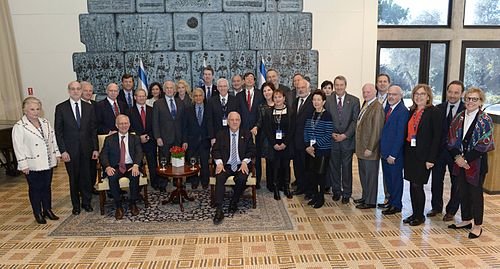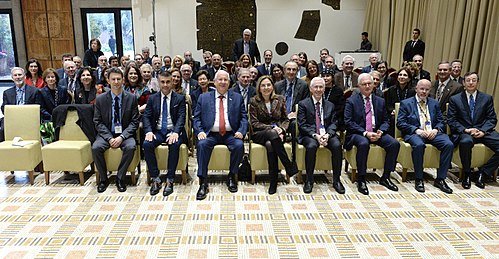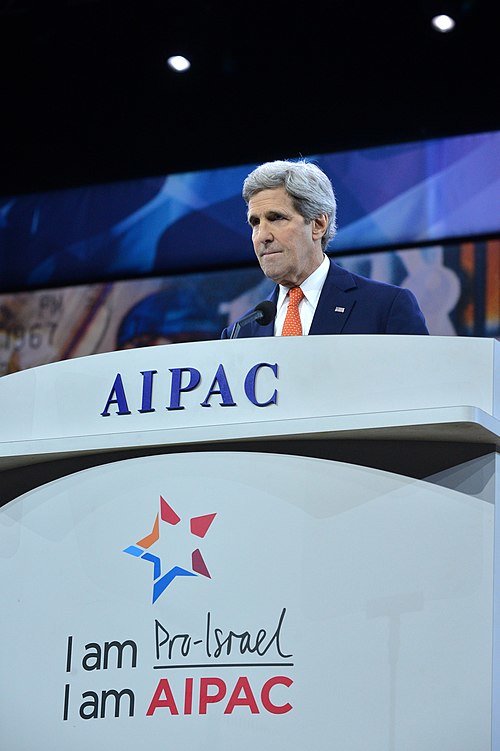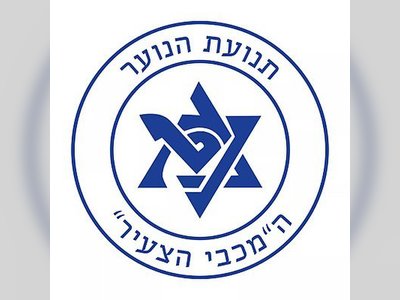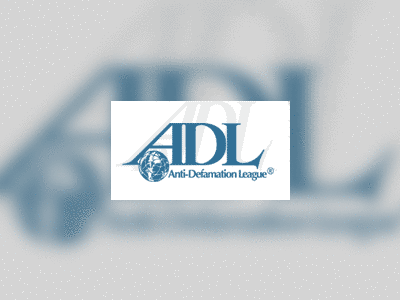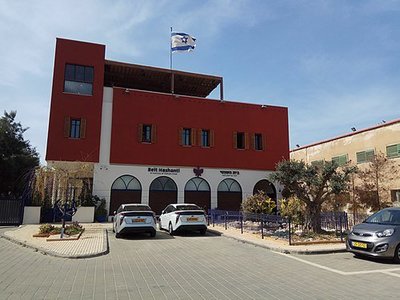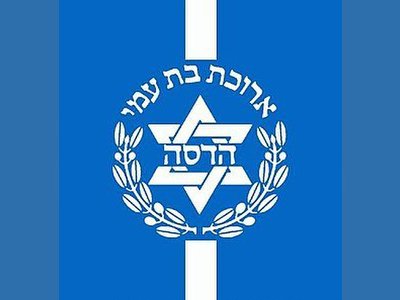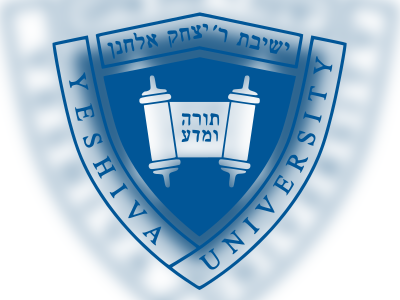מורשת גדולי האומה
בזכותם קיים
beta
AIPAC - The American Israel Public Affairs Committee
AIPAC, short for the American Israel Public Affairs Committee, is a pro-Israel lobbying organization operating within the United States Congress. Founded in 1951, it primarily consists of American Jews and focuses on advocating for Israel's interests. AIPAC is widely regarded as one of the most influential and powerful lobbying groups in Congress, holding significant sway both within the Israeli and Jewish lobbies.
Historical Background:
AIPAC was established by Isaiah (Si) Kenen as a successor to previous Zionist organizations, including the Zionist Emergency Council that operated at the end of World War II. Initially registered as the "American Zionist Council," the organization's name was changed to the "American Israel Public Affairs Committee" in 1954. During its early years, AIPAC operated with relative obscurity, but its influence and budget grew substantially under the leadership of Tom Dine, who took over in 1980.In 1981, AIPAC faced a significant challenge when attempting to influence the U.S. government's stance on selling AWACS aircraft to Saudi Arabia. While this effort ultimately failed, it marked the beginning of AIPAC's more assertive role in U.S. politics. Concurrently, AIPAC initiated a "Political Leadership Development Program," which fostered a generation of Jewish politicians.
During the 1980s, AIPAC expanded its lobbying efforts within government agencies and embraced a more right-wing stance. One of its significant battles was during the controversy surrounding Israeli settlements, which came to a head on September 12, 1991. Over a thousand AIPAC activists attempted to persuade Congress to support settlement aid, but they faced strong opposition from George H. W. Bush, who accused AIPAC of not aligning with U.S. interests. Nevertheless, AIPAC eventually succeeded in garnering congressional support for loan guarantees to Israel (with the stipulation of withholding funds for settlements).
Since the early 2000s, AIPAC's influence has somewhat diminished, and its role in U.S. policy-making has evolved. Nonetheless, it remains one of the most influential lobbying groups in the American political landscape.
Objectives:
AIPAC's primary mission is to ensure that Israel receives vital support from the U.S. government, ensuring Israel's strength and security. It also works to promote strategic cooperation between the United States and Israel to advance policies against terrorism. This strategic cooperation includes the exchange of information on security and technological matters to safeguard the security of both countries and prevent countries like Iran from acquiring weapons of mass destruction.AIPAC has achieved numerous milestones throughout its existence:
Modes of Operation:
AIPAC employs a variety of strategies to reach diverse target audiences in the United States. These include Jewish communities, college campuses, and government officials at both federal and state levels.Criticism:
Criticism of AIPAC can be categorized into two main perspectives. One perspective, represented by scholars such as Stephen Walt and John Mearsheimer, argues that due to its considerable influence, AIPAC sometimes promotes Israeli interests even when they may not align with U.S. interests, potentially jeopardizing American security in the long term.The other perspective, voiced by some critics, accuses AIPAC of promoting negative goals, such as racism, occupation, and imperialism. These critics argue that AIPAC's influence can have detrimental effects on international relations and global stability.
- איפא"קhe.wikipedia.org

